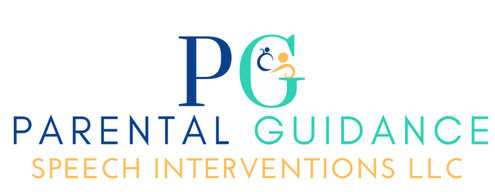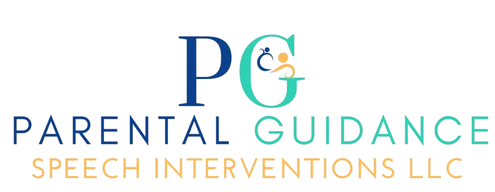Slow development

Slow Language Development Therapist in Smyrna, GA
Many toddlers need extra time and support before speech begins to take shape. When a child speaks fewer than 50 words by age two or isn’t yet combining words, it may be a sign of expressive language delay. Some children also show signs of receptive delays—struggling to follow directions, not pointing to familiar objects, or appearing unsure when spoken to. These early signs often leave parents uncertain about when to take action. Long waitlists for evaluations only add to the concern, delaying care when every week matters in Smyrna.
We help you act sooner. Our slow language development therapist in Smyrna, GA, works directly with parents through coaching that fits into daily routines. Using calm, step-by-step strategies, we help your toddler grow from single sounds to short sentences in natural settings like mealtime or play. Parents receive the tools, support, and feedback they need to move forward with clarity and confidence.
Support areas our therapy covers:
- Late Talkers: Expanding word use with strategies built around your child’s interests.
- Receptive Delays: Strengthening understanding with gestures, simplified language, and routines.
- Gesture Use: Promoting nonverbal communication that lays the groundwork for speech.
Parental Guidance Speech Interventions LLC works alongside you with patience and proven methods, making sure every parent feels supported in their child’s early communication journey.
Speech Growth Through Parent-Led Coaching
The speech begins with a shared connection. Some toddlers don’t imitate sounds, wave, or respond when their name is called—key signs that social and communication development may need support. Parents often feel stuck between confusing advice and full schedules. Searching online or “waiting it out” can add to the pressure. Through direct parent coaching, we help families support speech and interaction through real-life routines, with guidance built to meet you where you are.
Our slow speech development therapist in Smyrna, GA, offers flexible coaching that turns everyday tasks into learning moments. We show parents how to model sounds, increase eye contact, and build joint attention—without complex plans or unrealistic timelines. Whether your child is just starting to babble or showing signs of low interaction, we’re here to guide meaningful steps forward.
Coaching strategies we provide:
- Imitation Skills: Helping parents model sounds and gestures to build early communication.
- Low Social Interaction: Teaching ways to improve engagement and response through shared play.
- Ongoing Parent Support: Clear steps, regular feedback, and techniques that work with your schedule.
With Parental Guidance Speech Interventions LLC, you don’t have to wait for an appointment to make progress. Our coaching helps your child connect, understand, and express themselves—starting at home with you.
Our Services
Contact Info
Why Choose Us
No Waiting Months
Many parents in Smyrna are told they’ll wait 3 to 6 months for therapy. We start now. Our service offers immediate coaching and clear strategies, so your child’s speech growth doesn’t stall while waiting for traditional evaluations or referrals.
Toddler-Focused Care
General pediatric services may not fully meet the needs of children under three. Our slow language development support is designed for toddlers, using real-life routines that fit how they learn—through repetition, gestures, and interaction—without overwhelming plans that don’t suit their stage.
Support Without Labels
Parents are often told to “wait and see,” leaving them unsure about what to do next. We don’t require a diagnosis to get started. Our speech therapist offers early support based on developmental signs—giving your family the help you need right now.
FAQs
When toddlers speak very little by age two, parents often feel anxious or unsure. We focus on practical ways to build speech through daily routines, helping you support growth without waiting months for therapy or guessing what might work.
Families often feel stuck waiting for testing. You don’t need a diagnosis to begin. We start with what your child can do now and give you clear steps to encourage more language during meals, playtime, and everyday activities.
Parents are often told to “wait and see,” which delays action. We explain what signs matter—like not following directions or not pointing—so you can stop second-guessing and start helping your child progress with confidence and clarity.


